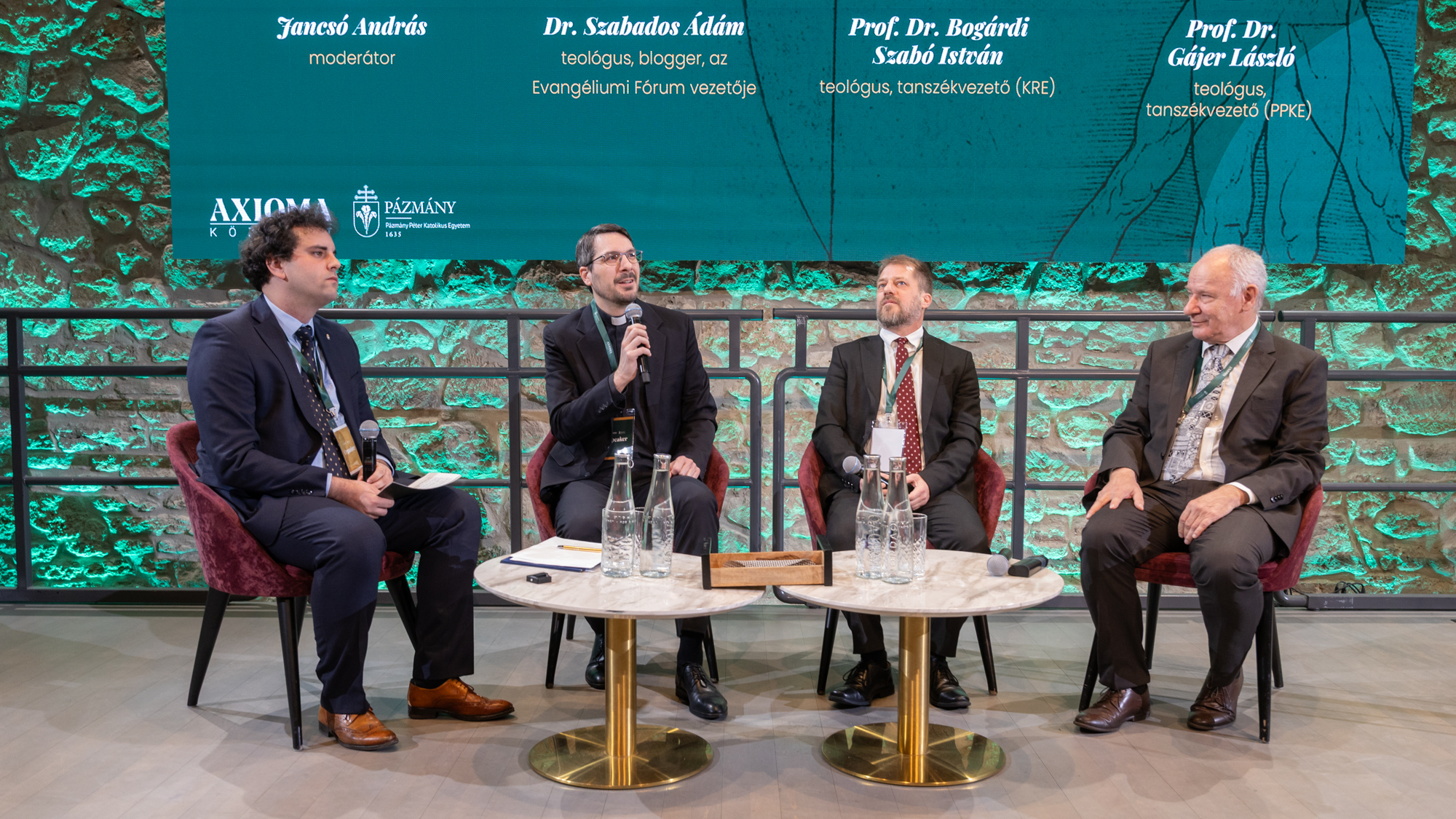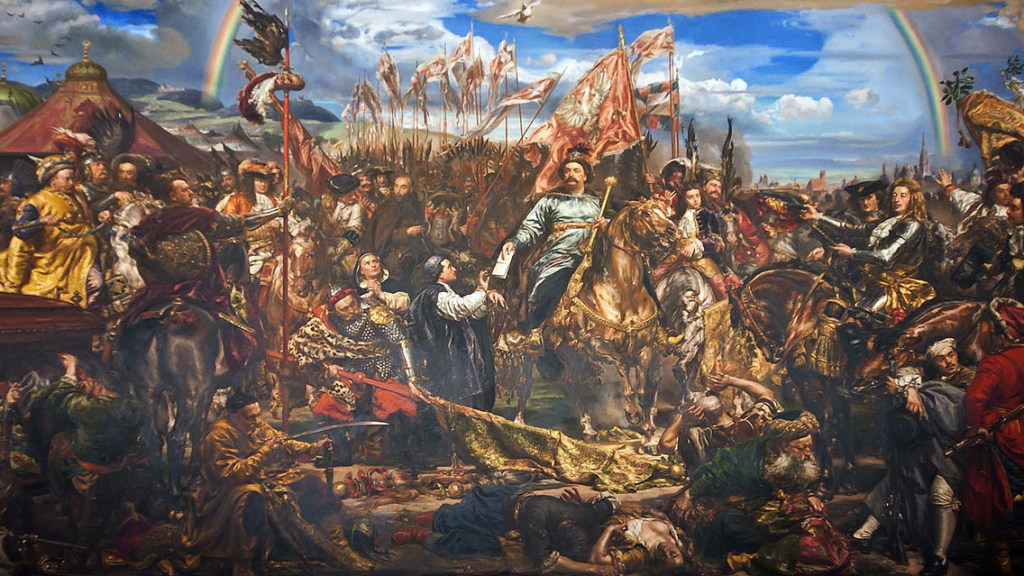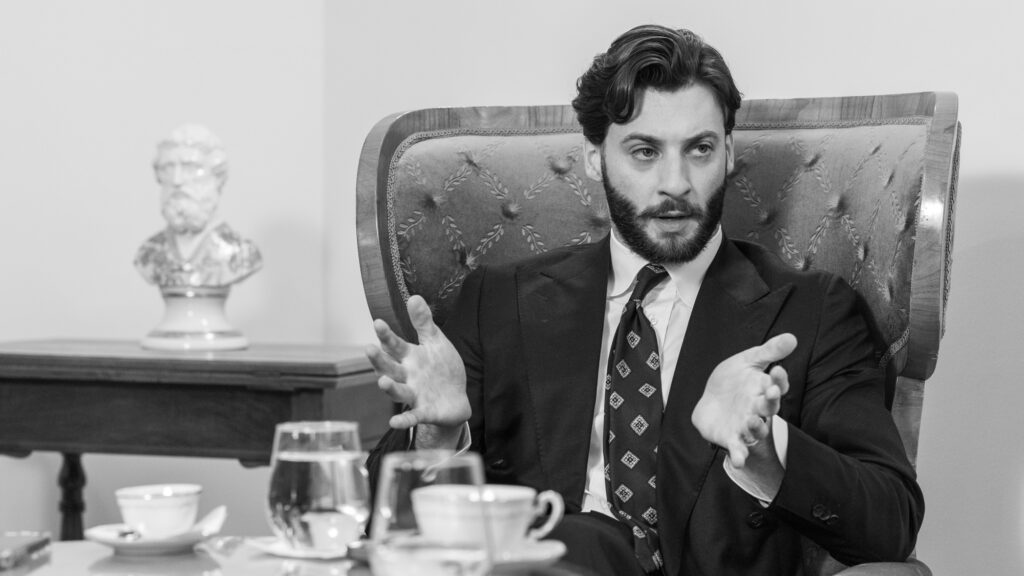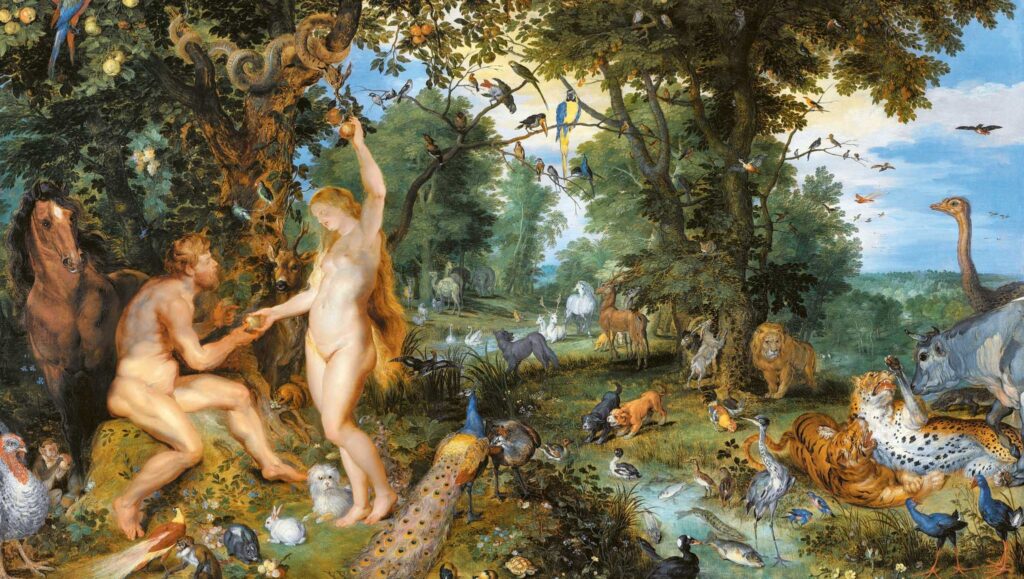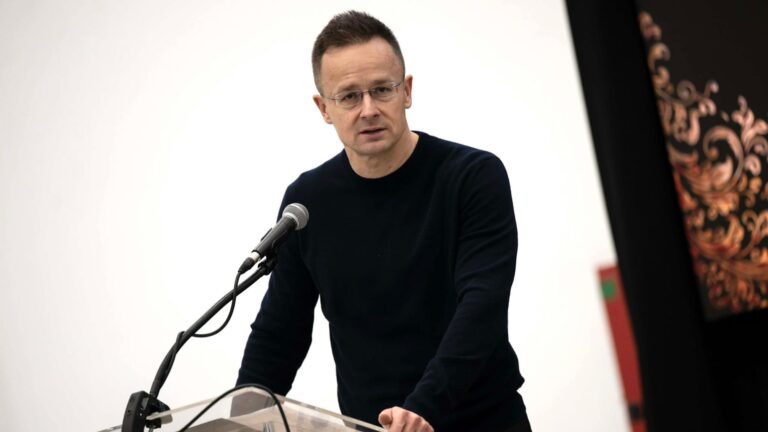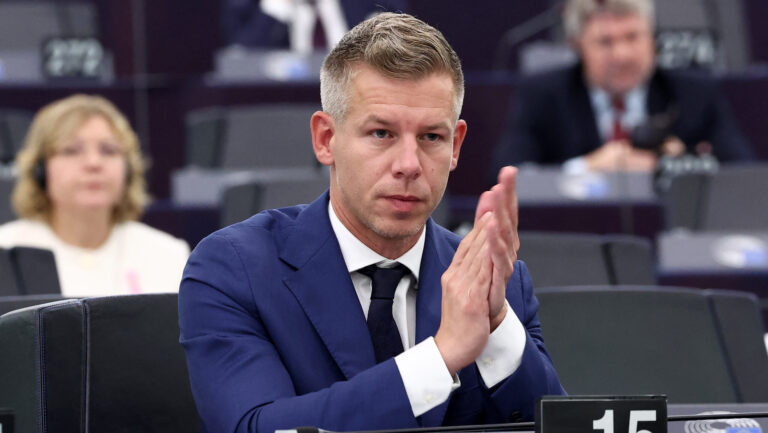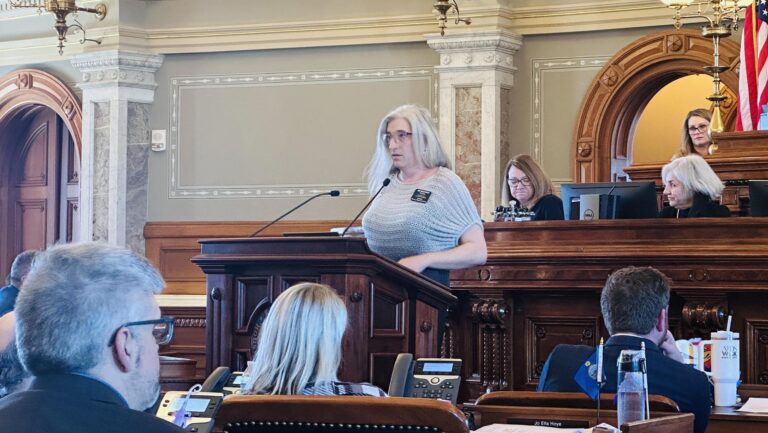The Budapest-based Christian think tank Axioma Center held a conference titled What Does It Mean to Be Human? at the Lónyay–Hatvany Villa in Budapest, Hungary, on Friday, 21 November.
Archbishop of Esztergom-Budapest Péter Erdő, alas, could not make it despite being slated to talk at the conference. Thus, his pre-written remarks were delivered by Dr László Gájer, Professor of Theology and Researcher at Péter Pázmány Catholic University. Vicariously, Archbishop Erdő has shared that while the ideas of ancient philosophy can be found in the New Testament, the world of Ancient Greek culture and the Bible only really met in the age of Patristics. Theologians have been writing about what kind of man God created exactly since the 2nd Century AD.
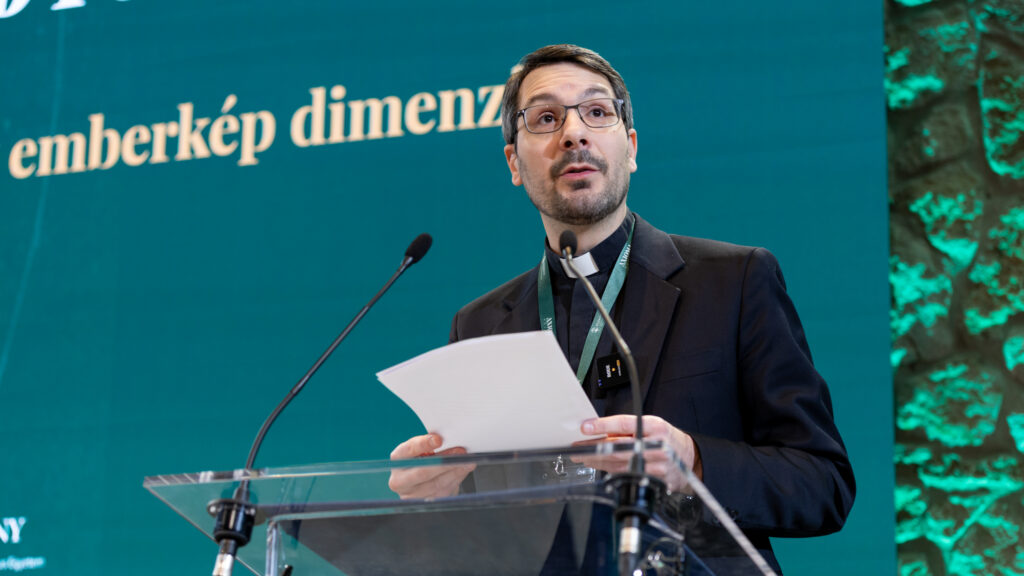
Archbishop Erdő stressed that God created Man to be intelligent and capable of accepting the truth and doing good; therefore, as Justin Martyr argues, there can be no excuse for a man to do evil.
Intelligence and freedom are at the centre of Justin Martyr’s understanding of the nature of man. Another fundamental duality—the body and the soul—was pondered by the ancient Greek philosopher Plato and is a key element of Christian thought as well, the Archbishop’s speech went on to point out. Gnosticism even proposed that the human soul had existed from the beginning of the world and later found bodies as vessels, but that notion is not accepted by any of the Christian denominations, it added.
St Paul, in his First Epistle to the Thessalonians, speaks of a triad of body, soul, and spirit. Archbishop Erdő cautioned, however, against interpreting this as the soul being mentioned twice. He also noted the Second Vatican Council, held in 1962–1965, which strongly reaffirmed the inherent dignity of every human being—a core principle that continues to shape contemporary Catholic teaching on the nature and value of the human person.
Professor Gájer stayed on stage, and was joined by Pastor Dr Ádám Szabados, Head of the Evangelical Forum task force, and Bishop Dr István Bogárdi Szabó, Professor at the Károli Gáspár University of the Reformed Church in Hungary, for a panel discussion. The talk was moderated by András Jancsó of Péter Pázmány Catholic University.
Professor Gájer kicked off the discussion, by stating that he has studied philosophical anthropology in his career, but has come to the conclusion that it can only be interpreted through the lens of theological anthropology. People cannot define themselves unless they do so relative to a higher perspective, he explained; then added that even non-believers yearn to attach themselves to things that outlive them. The interpretation that human beings are just biological, material beings is not attractive to anyone, he argued.
Bishop Bogárdi Szabó spoke about the imago vs similitudo question in theology. This goes back to the Book of Genesis, which states that God created man in His ‘image and likeness’. Thinkers have long debated the distinction between those two terms. The Bishop argued that they are distinct but inseparable, much like Jesus Christ is both the Father and the Son in one being. He then told the audience that one of the biggest issues of our time is that ‘we are not facing the radical nature of sin,’ and warned that we might be going down the same path as St Augustine, who wrote that he had realized too late where sin was leading him.
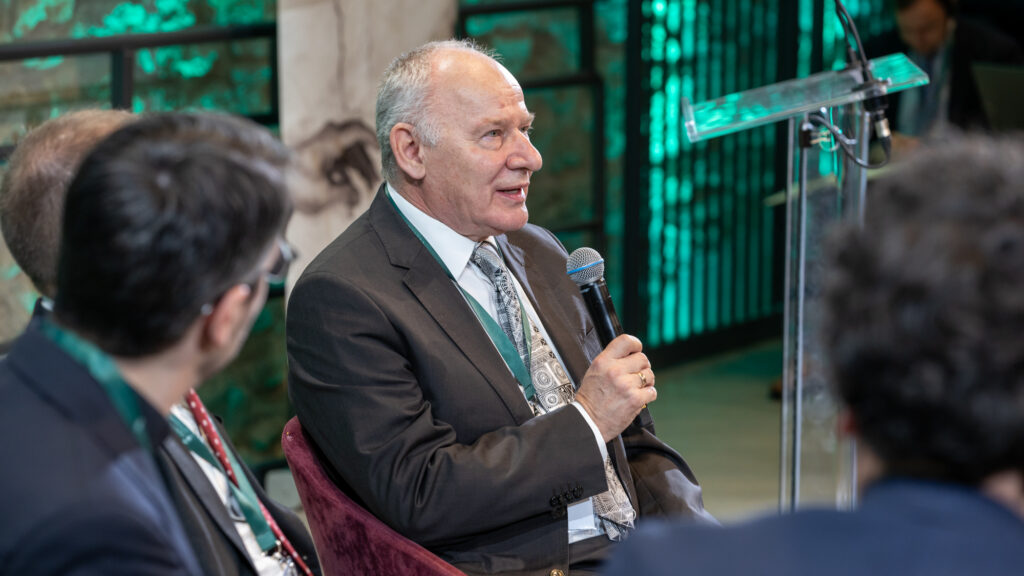
Dr Szabados pondered whether being created in the image and likeness of God is an ‘ontological’ or a ‘functional’ statement, meaning whether it is something intrinsic to us or more of a calling to a mission in life. He also recalled the time when, while studying in college, his professor of neuro-linguistics, a secular man, projected an illustration of the human body distorted according to the distribution of nerve endings. It displayed a giant face and hand, prompting the professor to remark that the image suggests humans were created to work and form relationships. Dr Szabados then made the point that this is very consistent with the message of the Creation story in Genesis.
Related articles:

